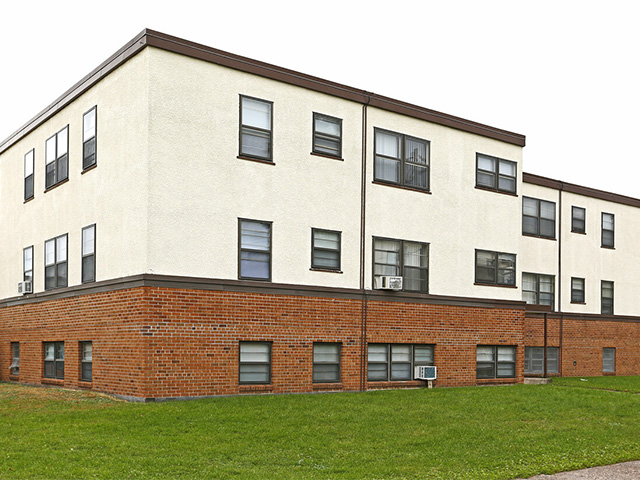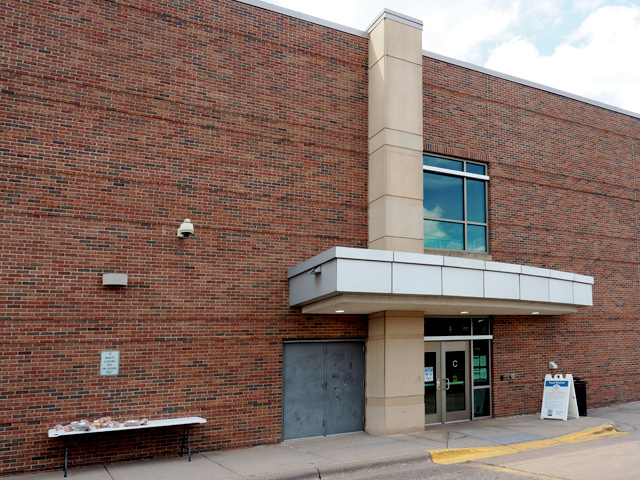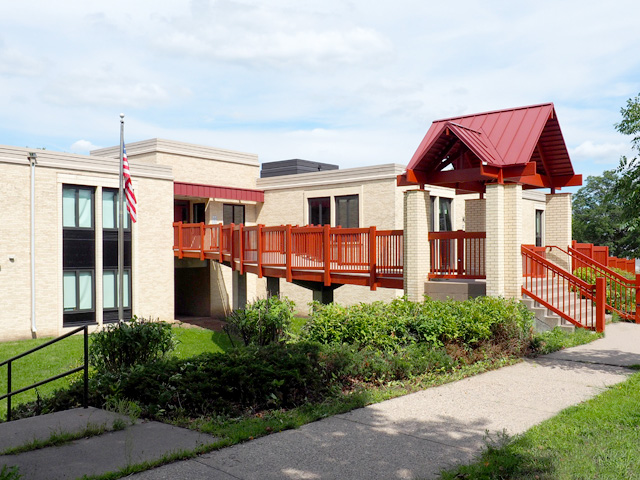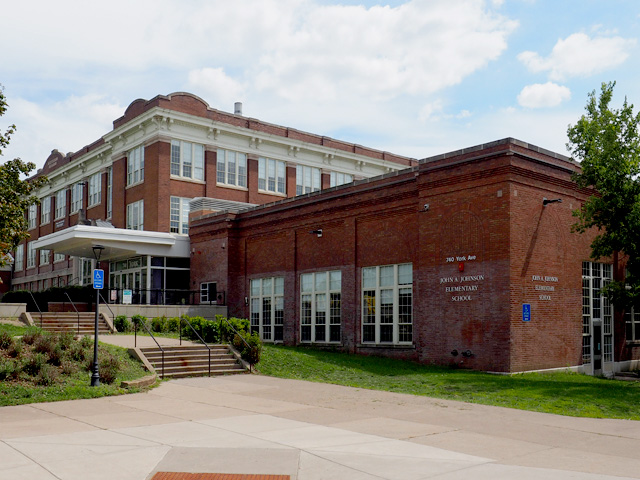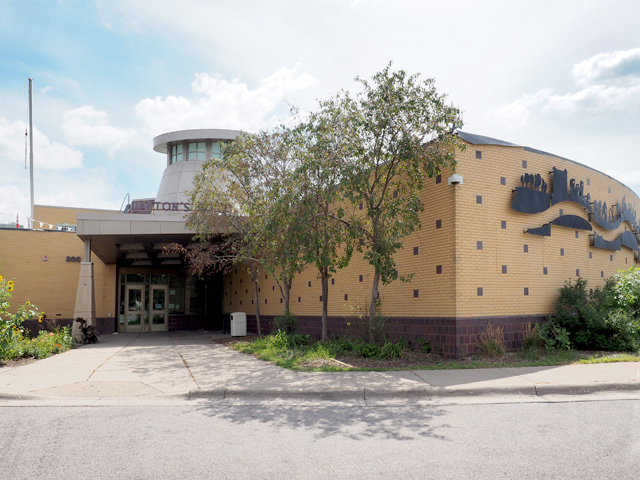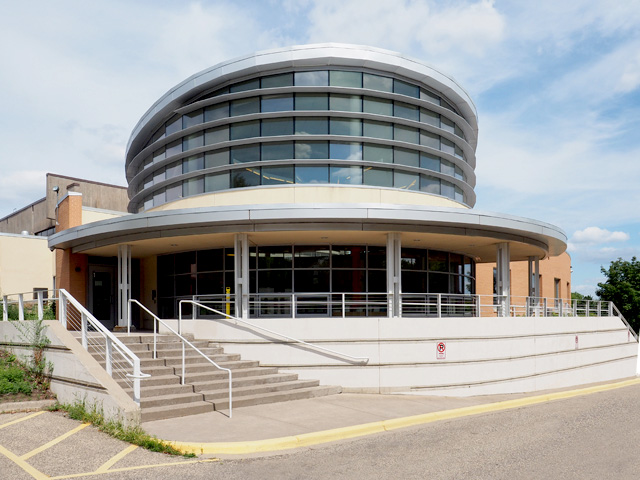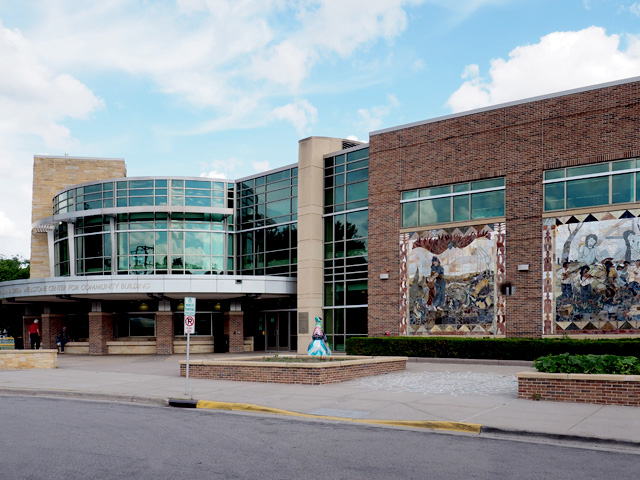We are all in the same storm, but we are not all in the same boat. A phrase that’s been circling during the COVID-19 pandemic and one that aptly describes the way we all experience this crisis—differently.
With economic downturns and recessions, people are impacted differently. For example, homeowners were uniquely affected during the 2008 crisis, with a 225% increase in foreclosures over two years. After the dot-com bubble burst, individual investors lost $5 trillion in the stock market. And now with the COVID-19 pandemic, it appears that renters, especially those living in poverty and marginalized groups, will be the ones most impacted by this downturn.
Renters are less financially prepared than homeowners
To best survive an economic downturn, families need both income and wealth in the form of liquid assets. Income refers to money coming in through employment, and liquid assets refers to cash (like in a savings account) or other assets that can be easily converted to cash like stocks and bonds.
In general, renters have lower incomes than homeowners and fewer liquid assets, meaning that in a time of unemployment and underemployment, they are less equipped to weather financial hardship. Many live paycheck-to-paycheck without the ability to create an adequate safety net.
According to Harvard’s Joint Center for Housing Studies, the median income for a renter is just over $37,000 a year and their median amount of savings is $800.
“Among people who were working in February, almost 40 percent of those in households making less than $40,000 a year had lost a job in March,” says Jerome Powell, chair of the Federal Reserve. In contrast, only 13 percent of households earning more than $100,000 a year have lost work.
With this level of unemployment and the cost of food, utilities, car payments, and rent, modest savings accounts are draining rapidly if not yet depleted.
Families living in poverty
Families living in poverty have neither income nor wealth to carry them through the pandemic. Because of this, they’re being hurt the hardest, both short-term and long-term.
In the short-term, they’ll find it difficult to pay for their necessities and will be forced to forgo their rent payments. In the long-term, it will be challenging to find new employment in the fields they most often work, and building up new savings will be nearly impossible.
And because economic inequality is closely linked to race and gender, people of color and women are facing significant economic challenges right now.
People of color experience increased unemployment
In April of 2020, the unemployment rate for Whites was 14.2 percent, whereas unemployment was 16.7 percent for Blacks and 18.9 percent for Hispanics.
During times of economic downturns, people of color experience increases in unemployment before their white coworkers. And when the economy improves, their unemployment rates take longer to decrease. Meaning they were the first to feel the impacts of the COVID-19 pandemic and they will be the last to feel the improvement.
Women face unemployment and caretaking duties
With five times as many single mothers than single fathers in the United States, women are facing both a financial and caretaking burden right now.
For employed single mothers, they were forced to take on the additional expense of childcare when schools closed. And when daycares closed, many women had to take a leave from work or quit their jobs to care for their kids, unable to qualify for unemployment.
Women also face higher unemployment rates than men, and it’s difficult for single mothers to try to find new work while facilitating at-home learning and providing care.
An exacerbated rental crisis
So what does all of this mean? What happens when you have one of the worst unemployment crises in our history paired with record-high rents? You get a pre-existing housing crisis that’s become exacerbated by the addition of unemployment during the COVID-19 pandemic.
And while it was a relief to many when the governor announced a suspension on evictions, it’s only a BAND-AID.
It’s true—as long as you’re not a danger to others—you cannot be evicted during the peacetime emergency in Minnesota. But that hasn’t stopped landlords from filing eviction paperwork against families unable to pay their rent right now. Once the order is lifted, thousands of eviction cases will be heard in housing court, and families will lose their homes.
A rental crisis will lead to an eviction crisis
Mass evictions would be detrimental, not only to the economy but to families’ health and well-being.
Once an eviction is on your record, it’s nearly impossible to secure better or similar-quality housing. Families would likely need to move school districts due to a lack of rental options and their children would face further instability and stress. And assuming unemployment remains where it is today, many families will still be out of work, still unable to pay their rent, and won’t be able to find housing. Families will be forced into homelessness.
We can keep families in their housing
But we can help prevent this from happening. We can provide support to those in the community who are struggling with unemployment and underemployment caused by the COVID-19 pandemic. We can stop an economic domino effect caused by unpaid rent. We can keep families in safe, stable housing where they have a chance to get back on their feet once the pandemic passes.
Neighborhood House is supporting families with the leakiest boats during this storm. Of those we serve, 89 percent are people of color and 22 percent are single-mother households. Calls for housing assistance have tripled, with more than half of the calls coming from people who have never needed help before.
When the average cost of rent in St. Paul is $1,303, it’s no surprise that those families disproportionately experiencing the economic impacts of the pandemic are struggling to afford their housing.
Everyone deserves the chance to recover from this crisis. For many families, losing their housing will make that even more difficult. Partner with Neighborhood House in our efforts to keep St. Paul families in their homes after this crisis. We cannot do it alone.


